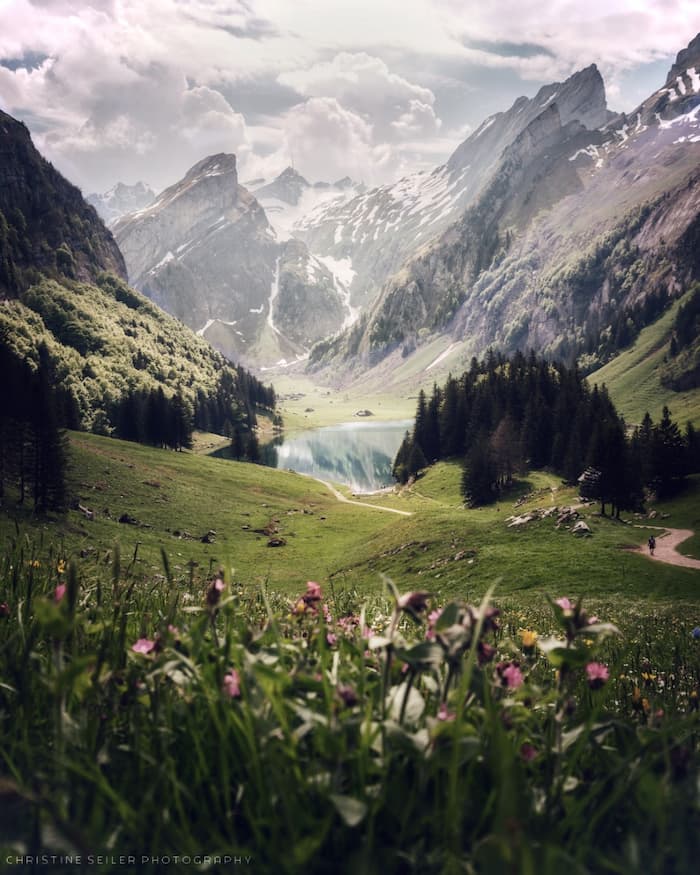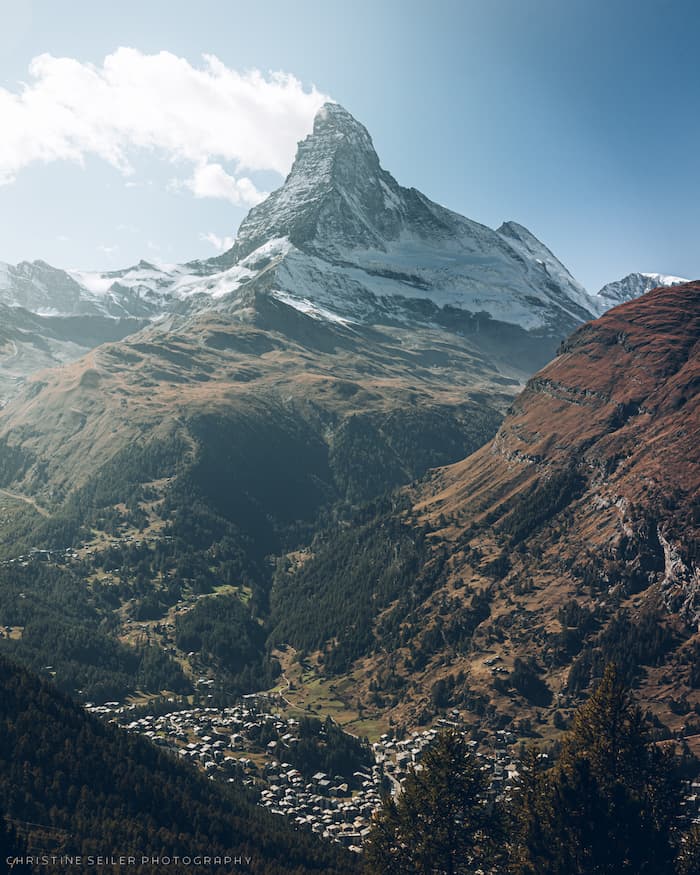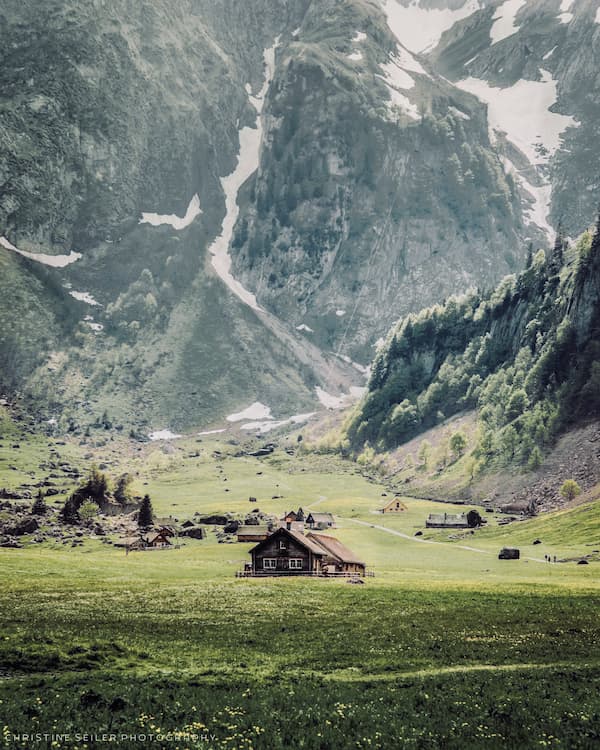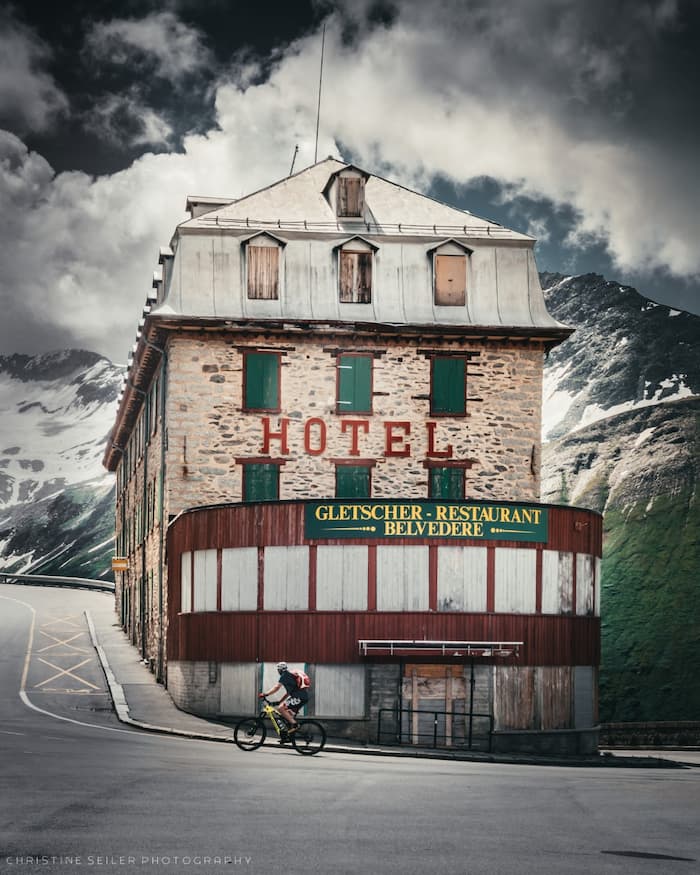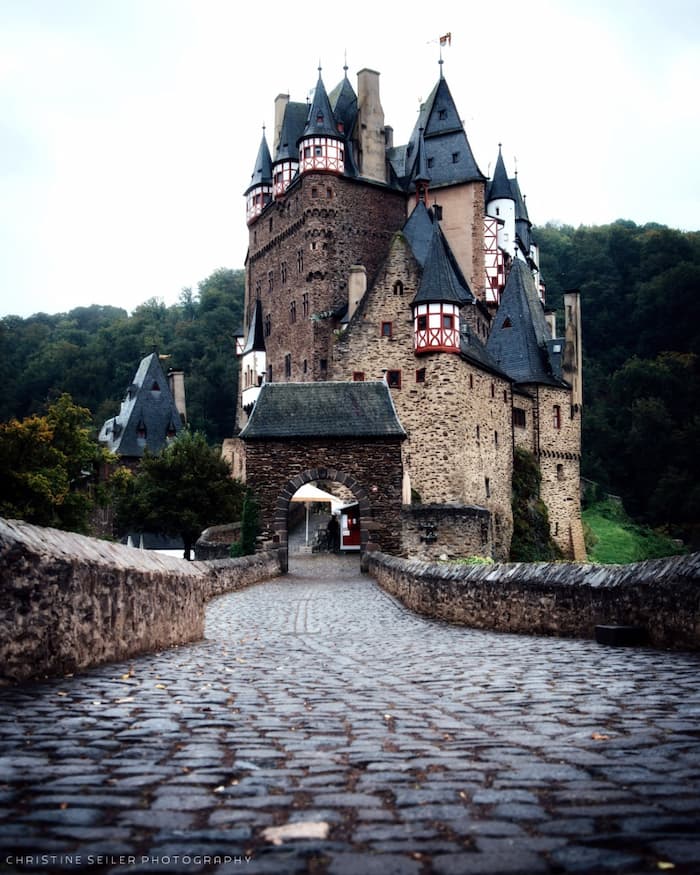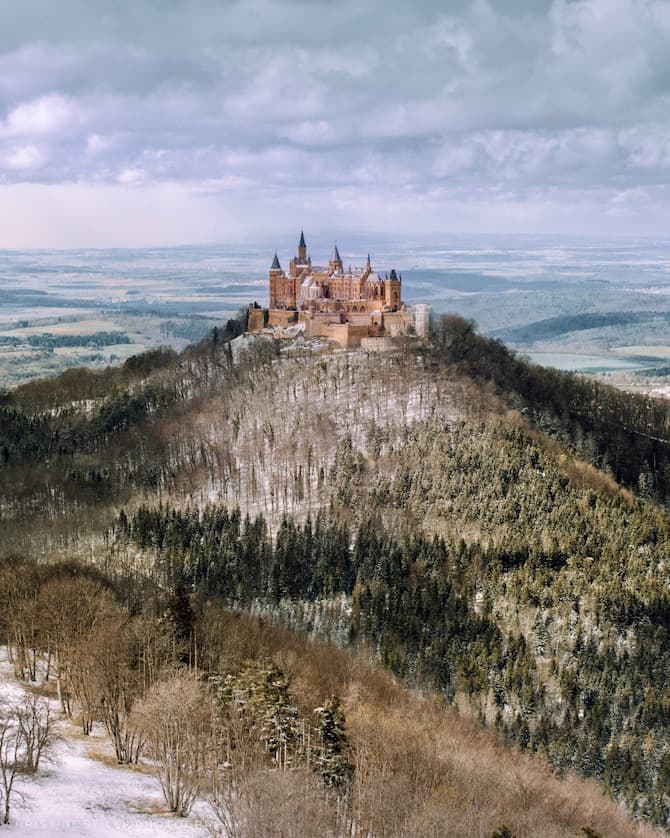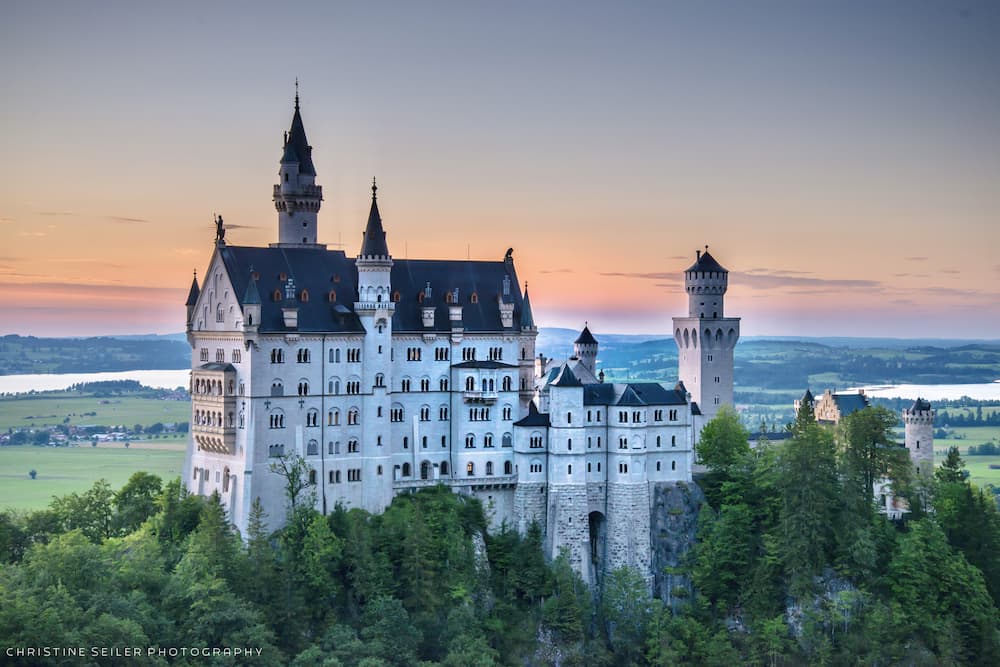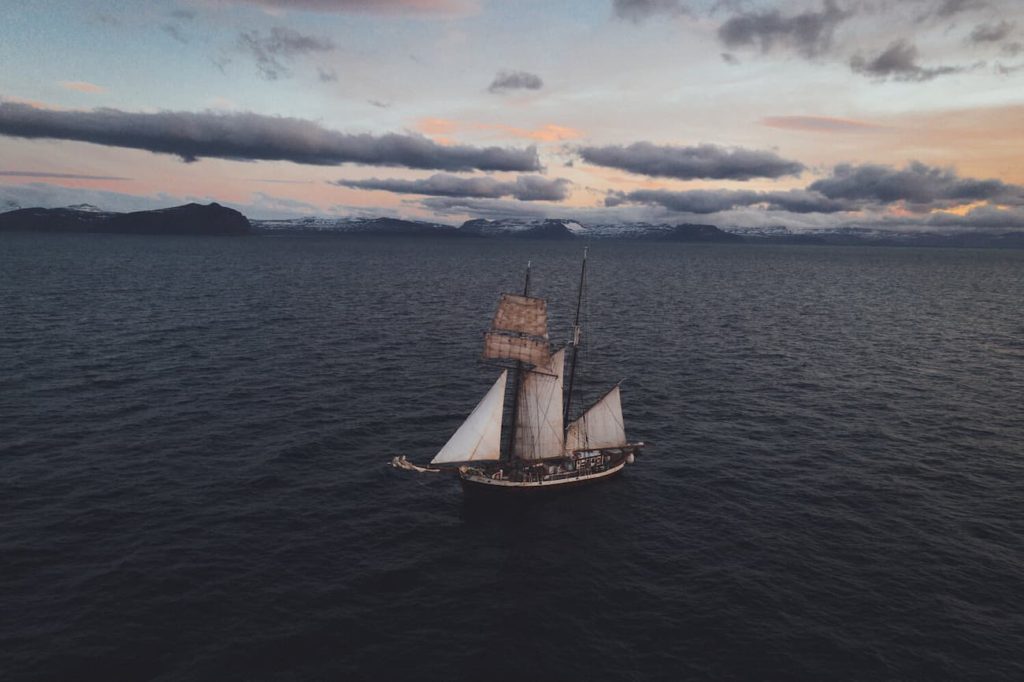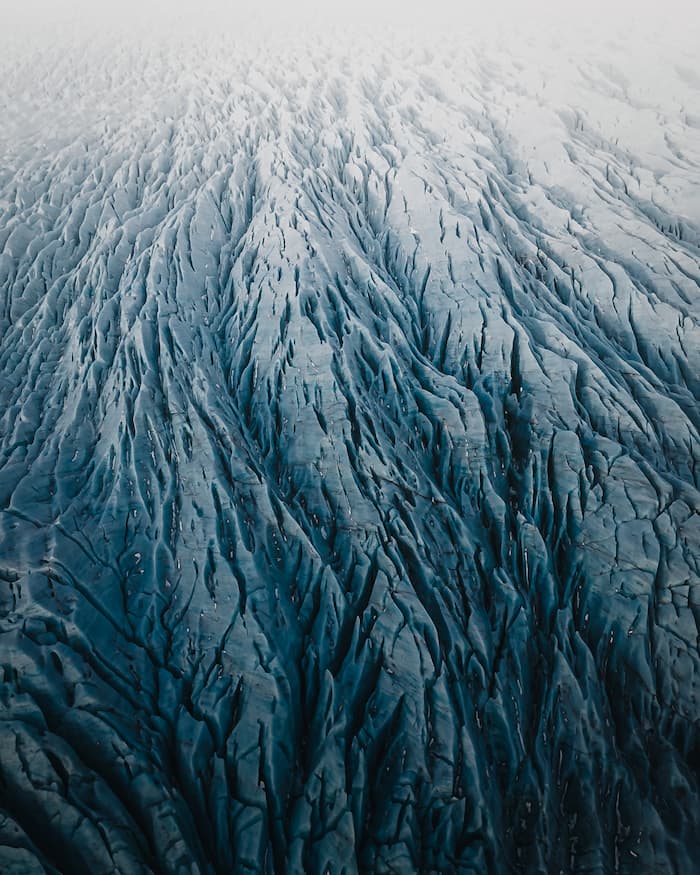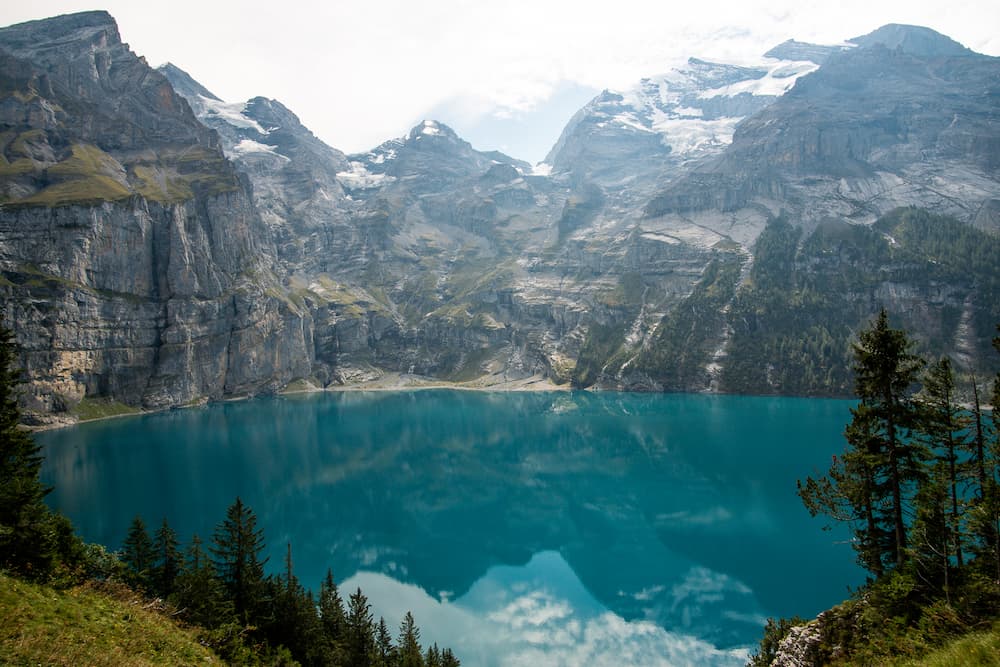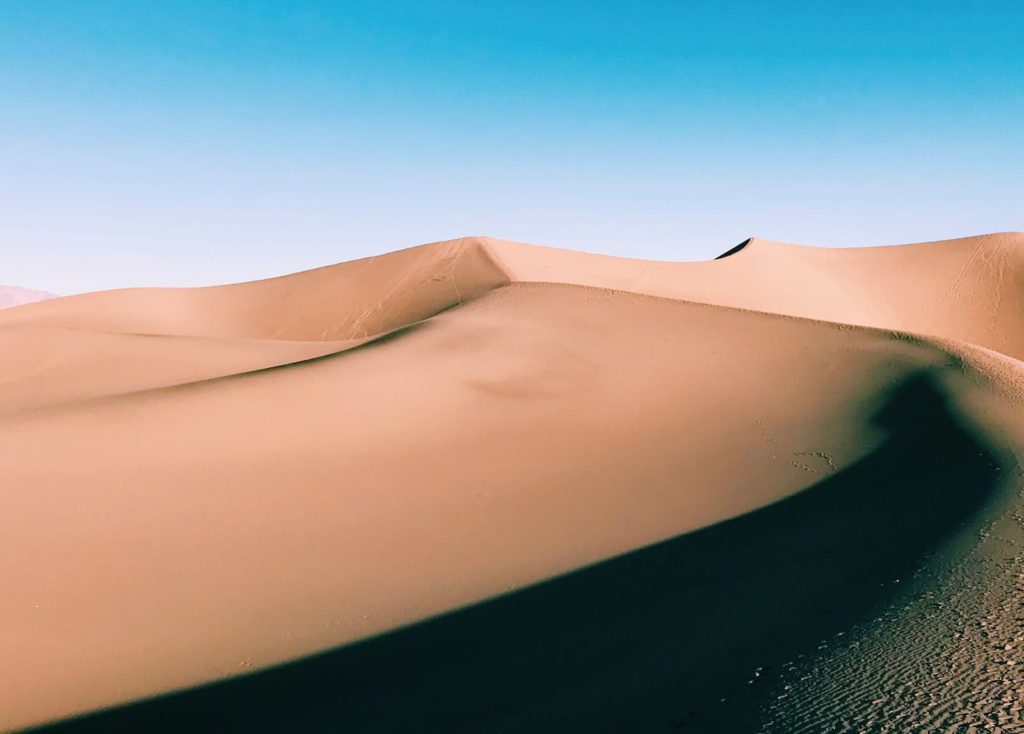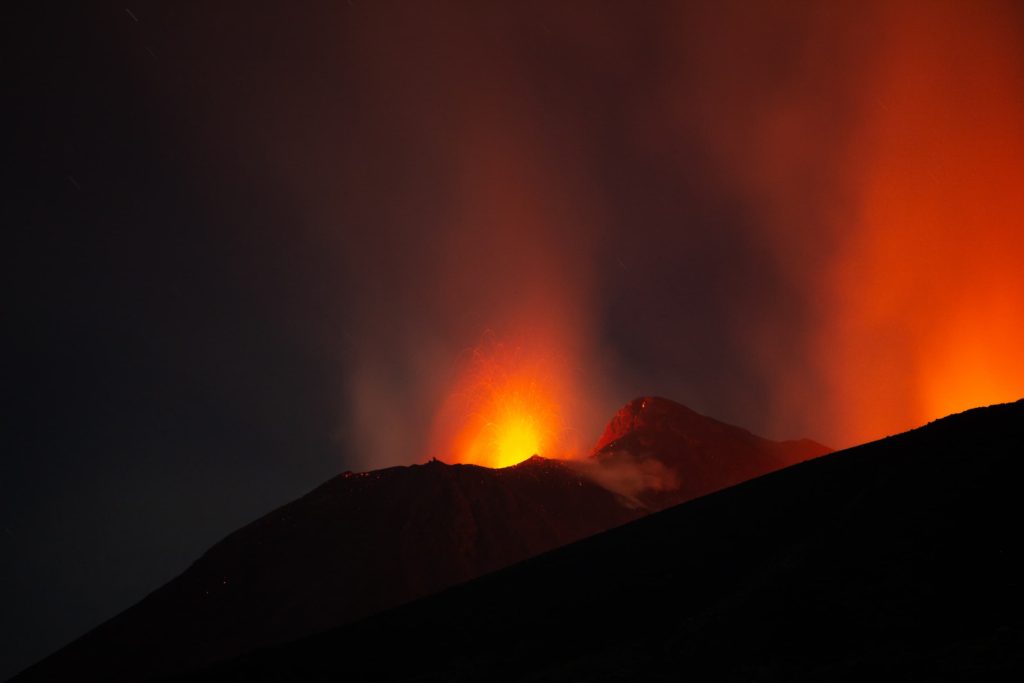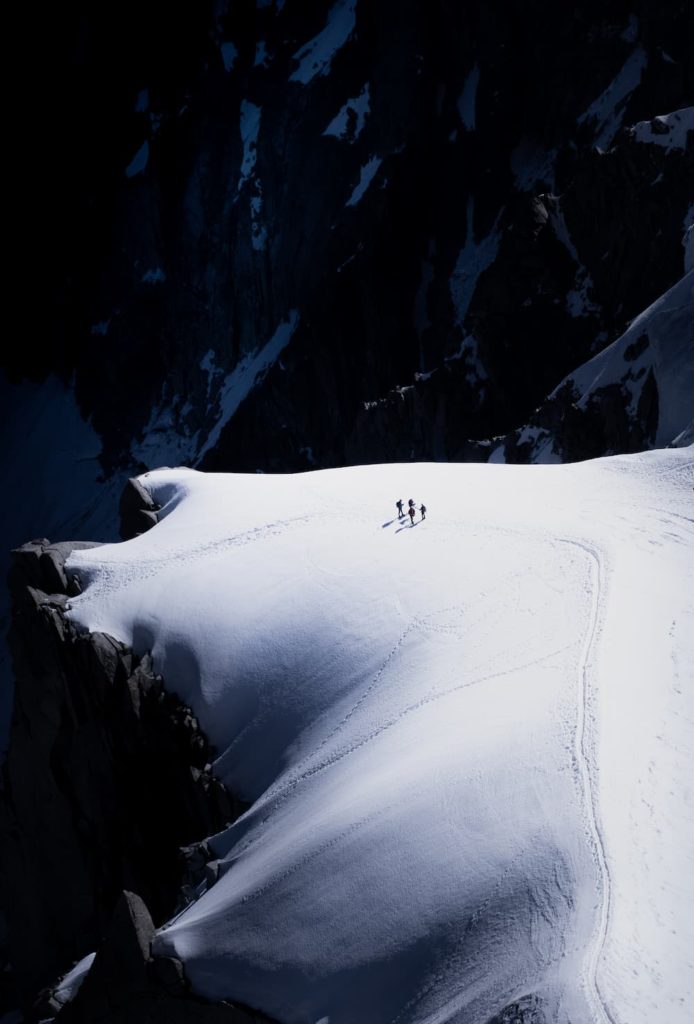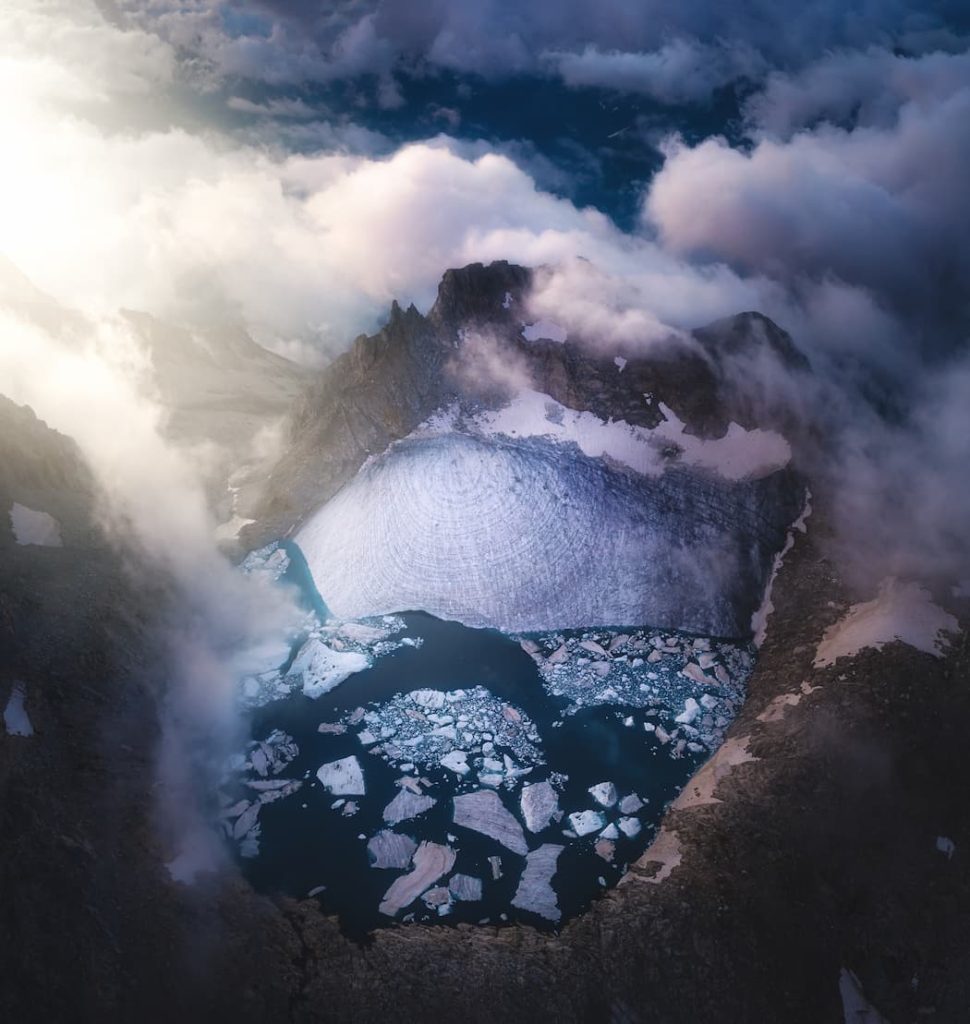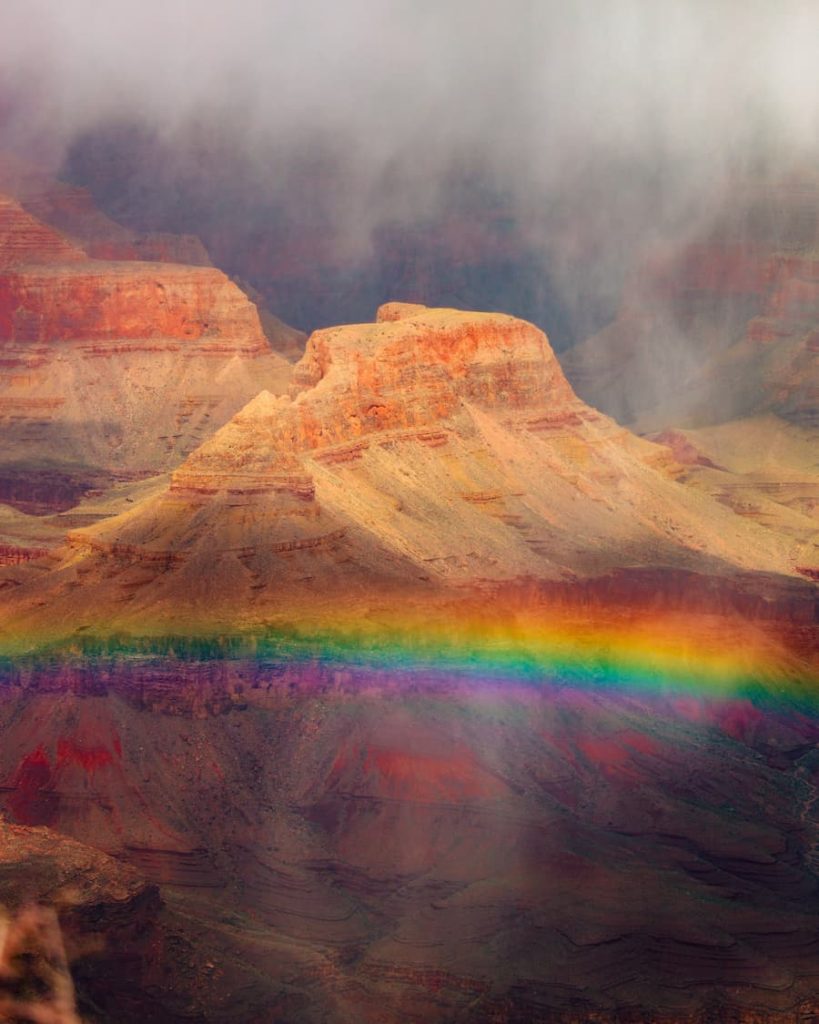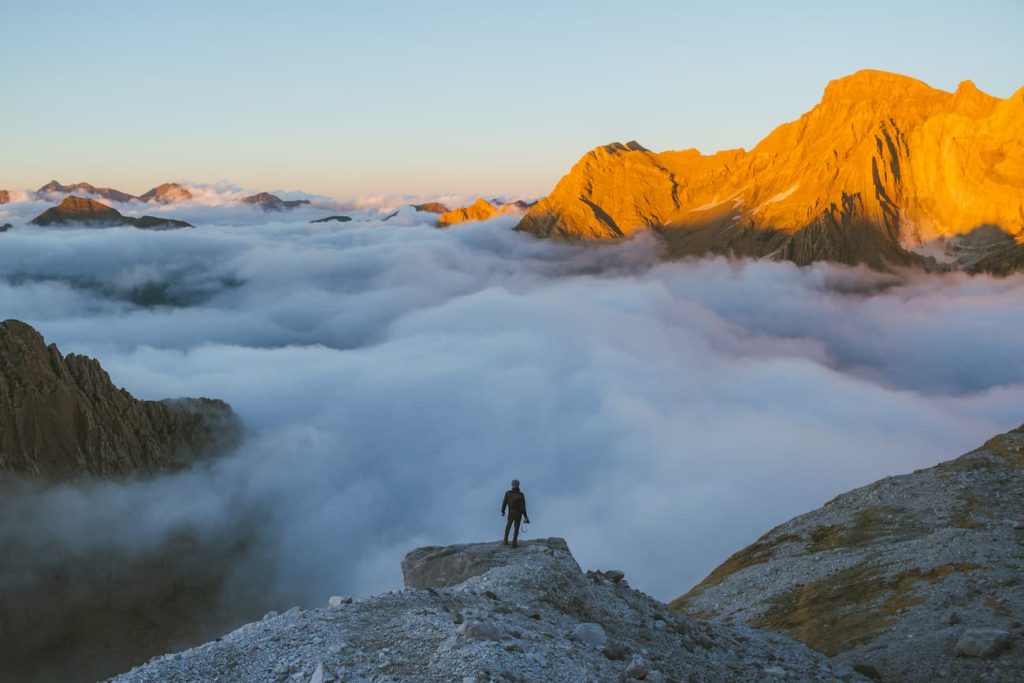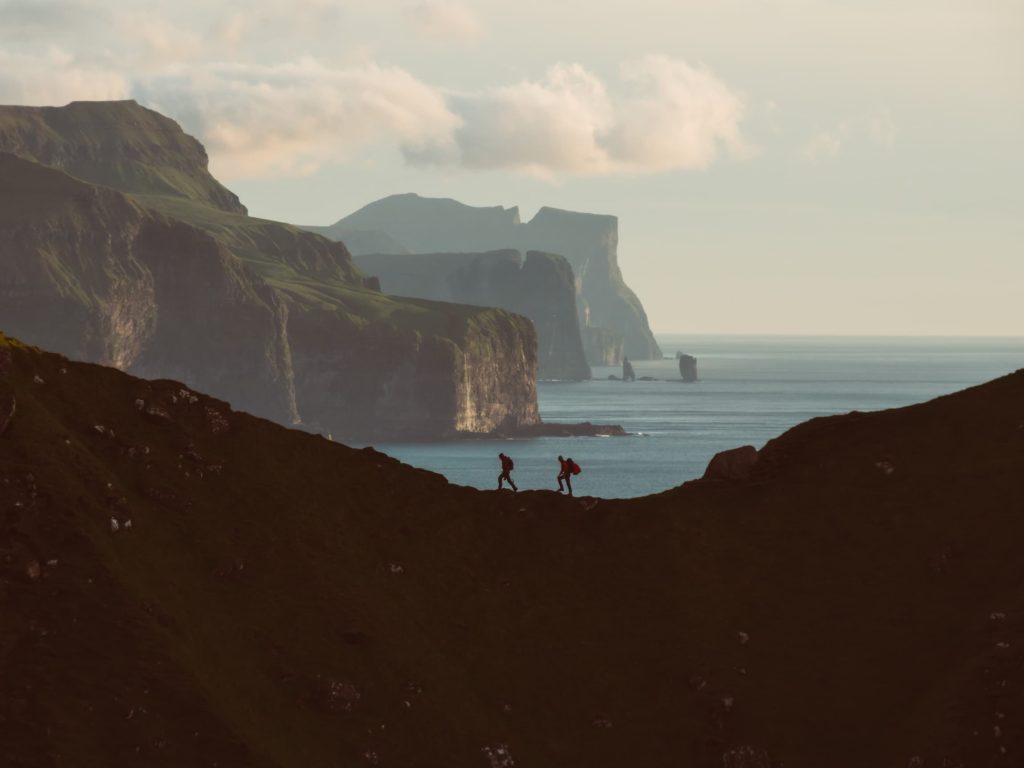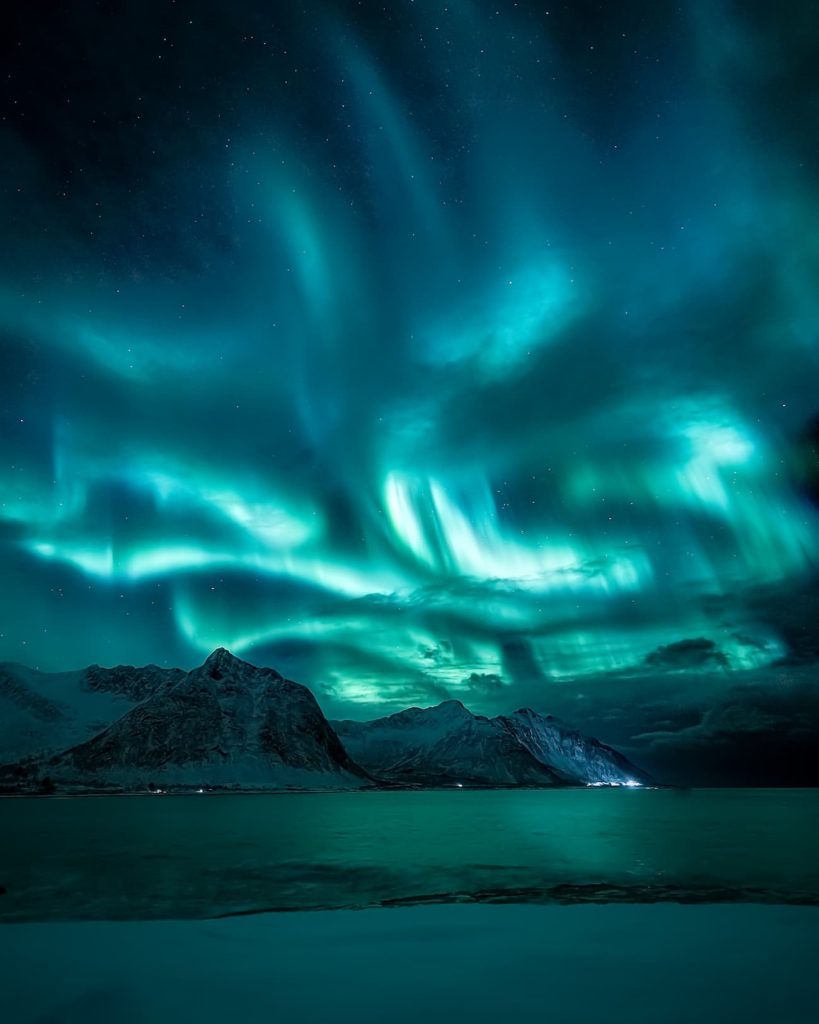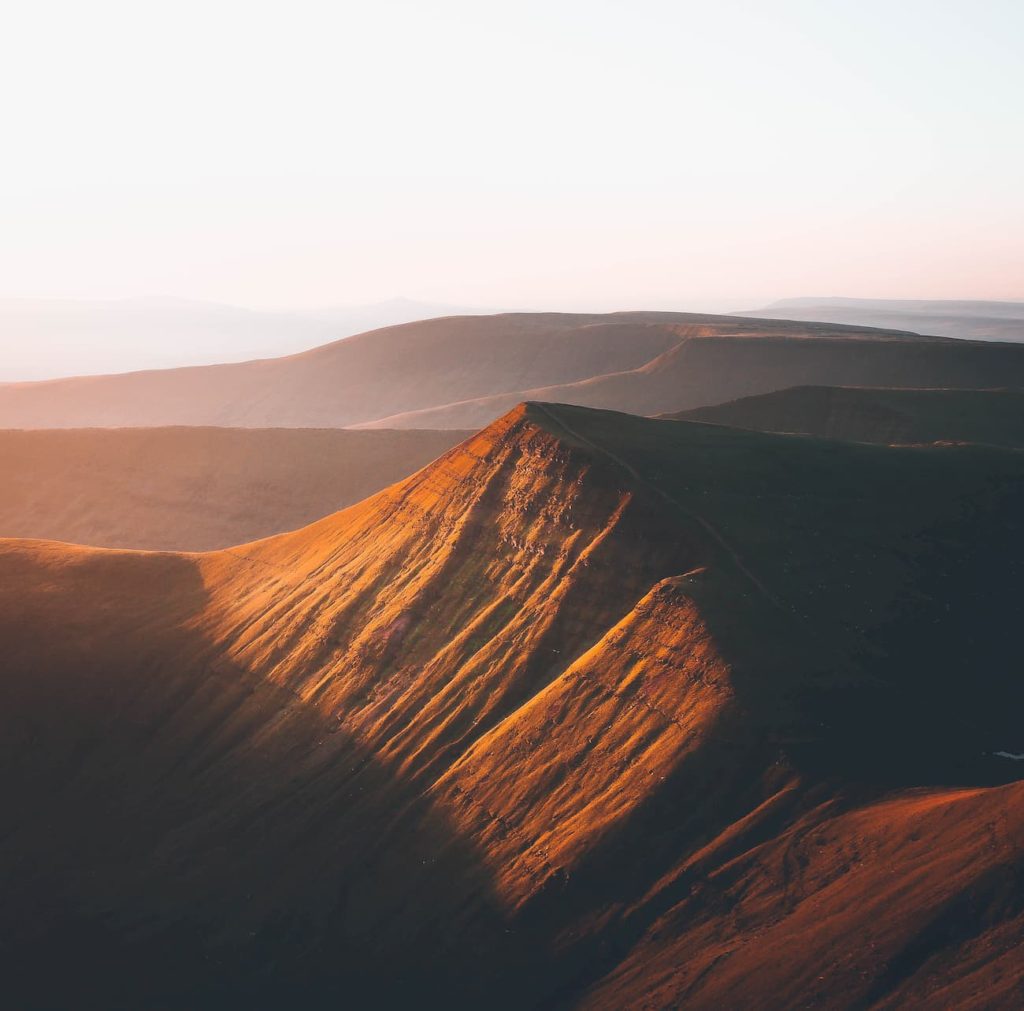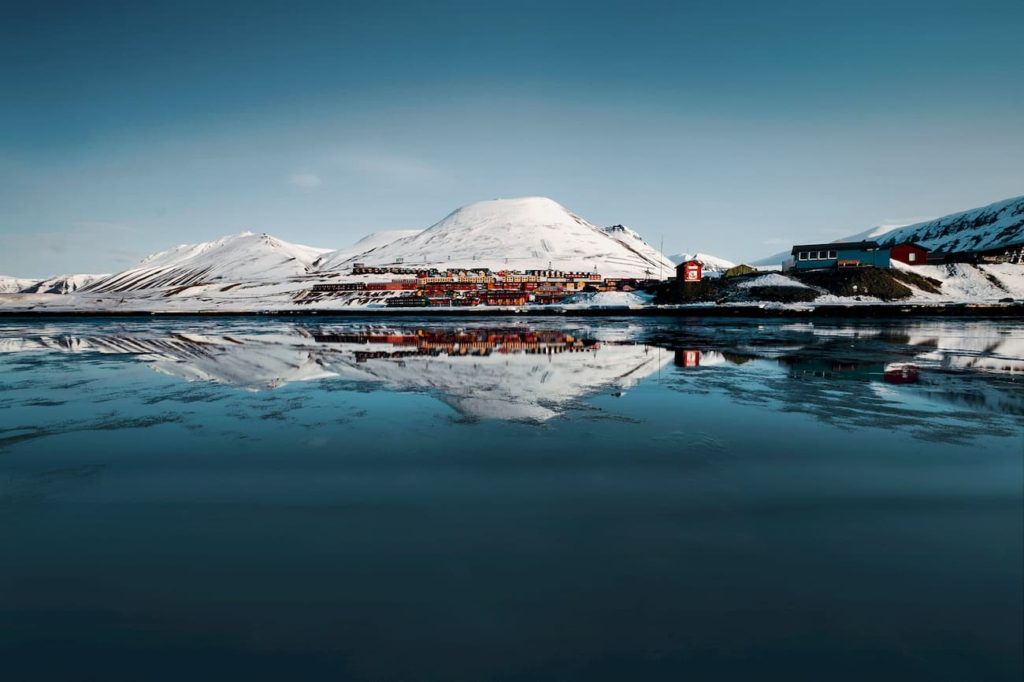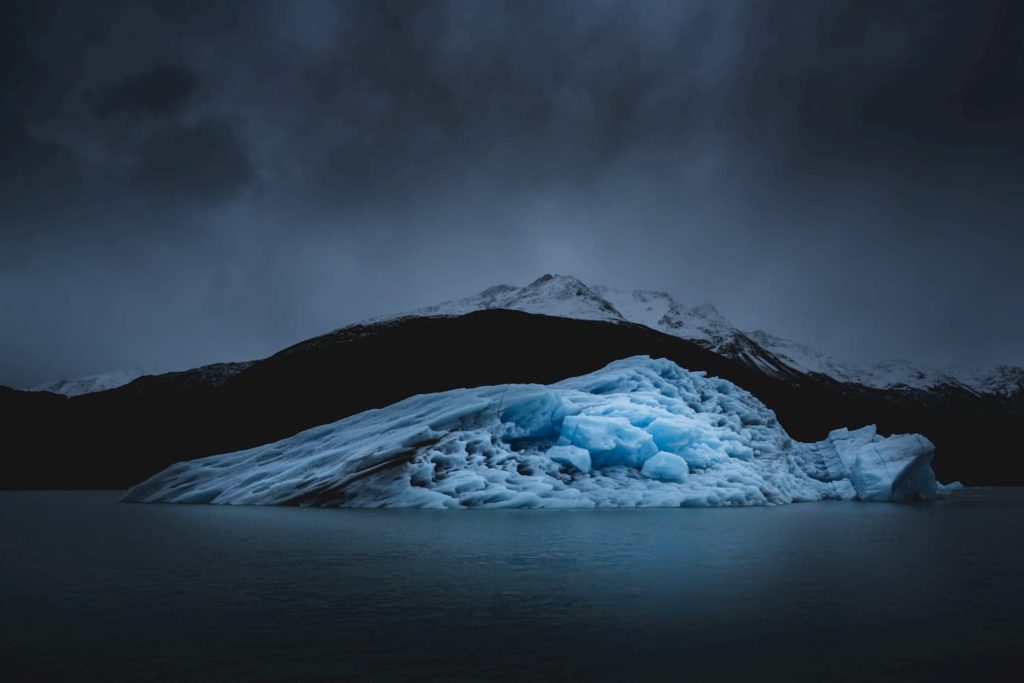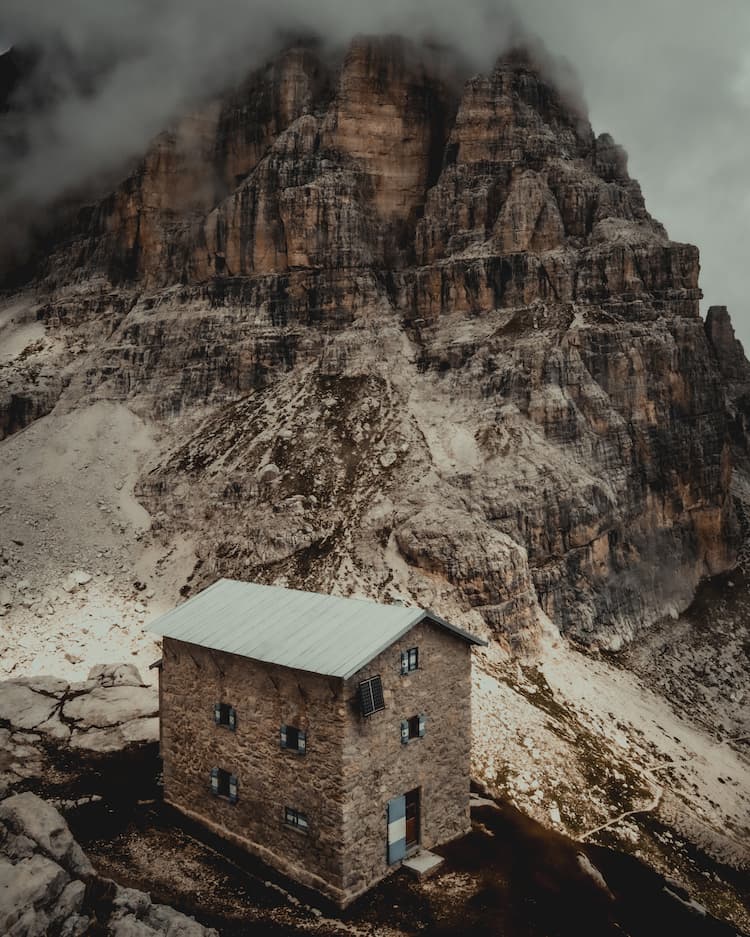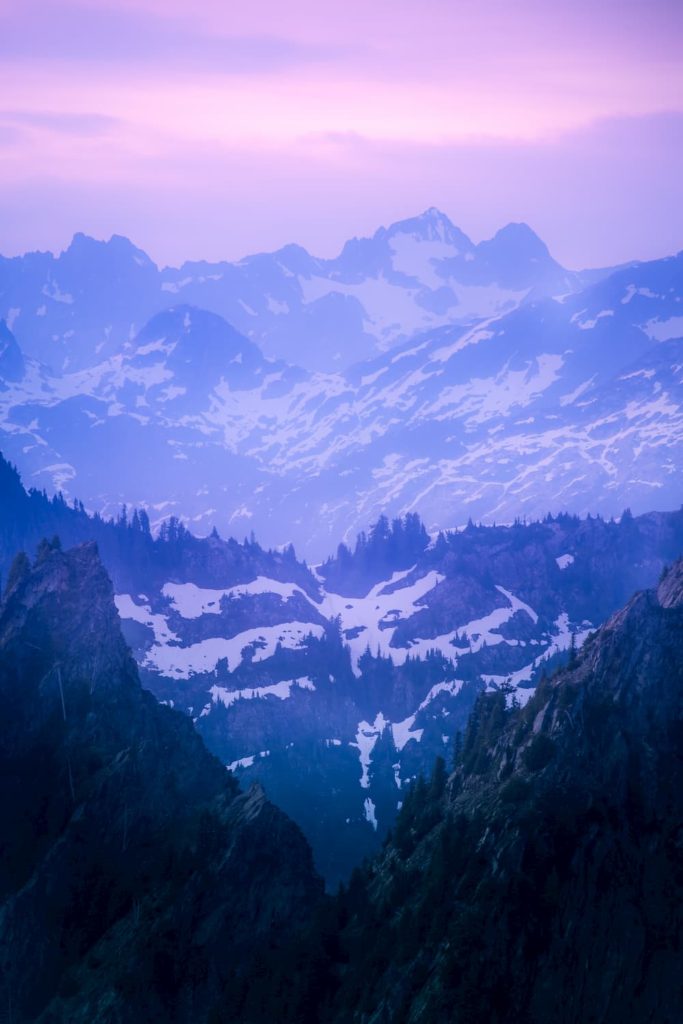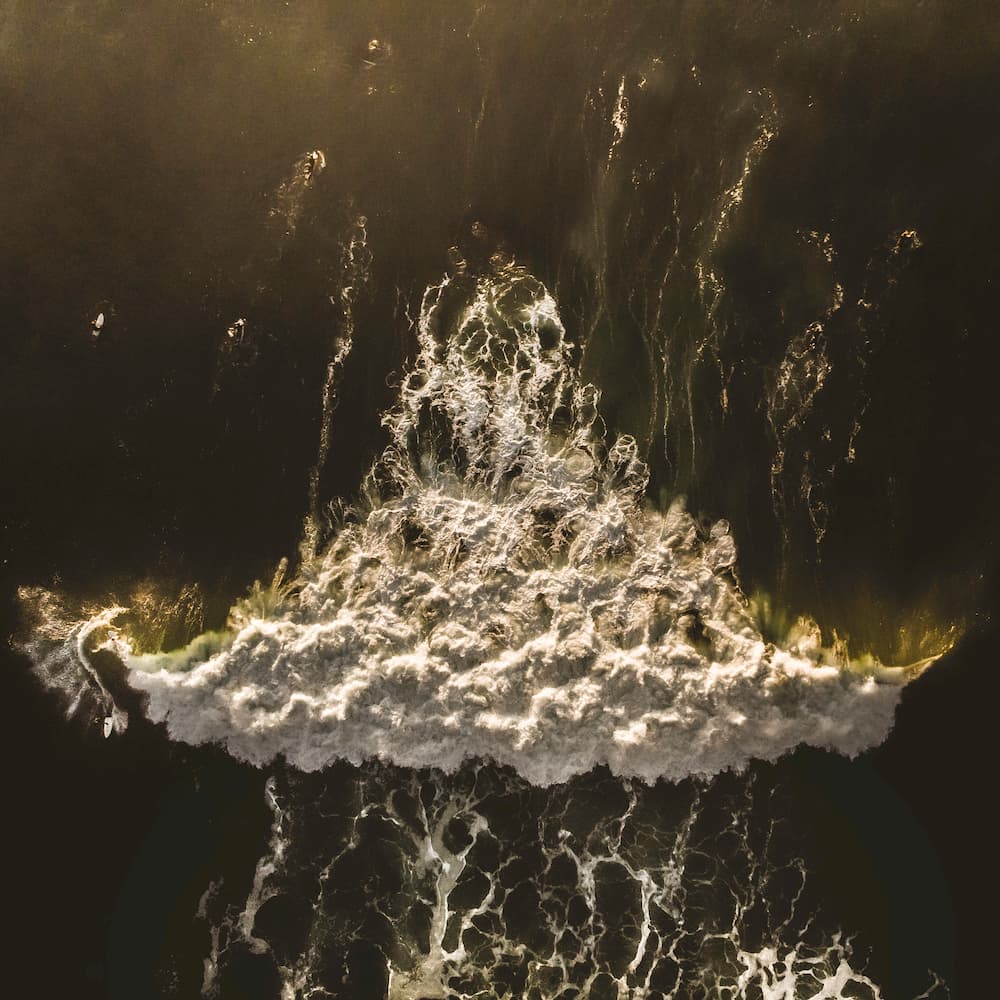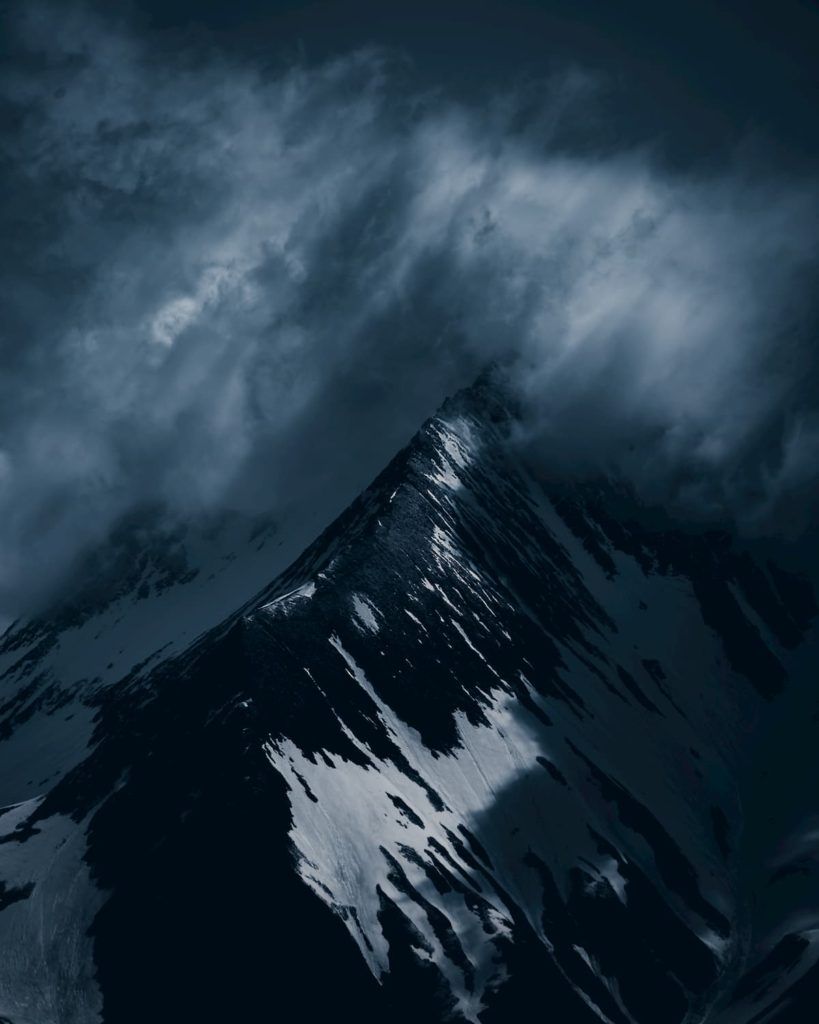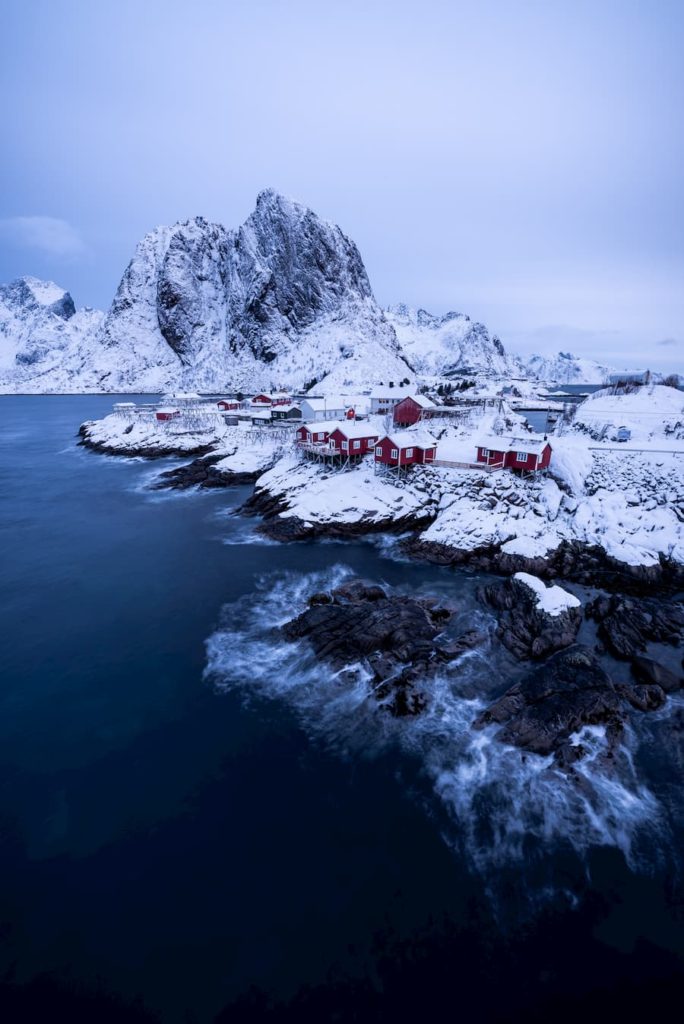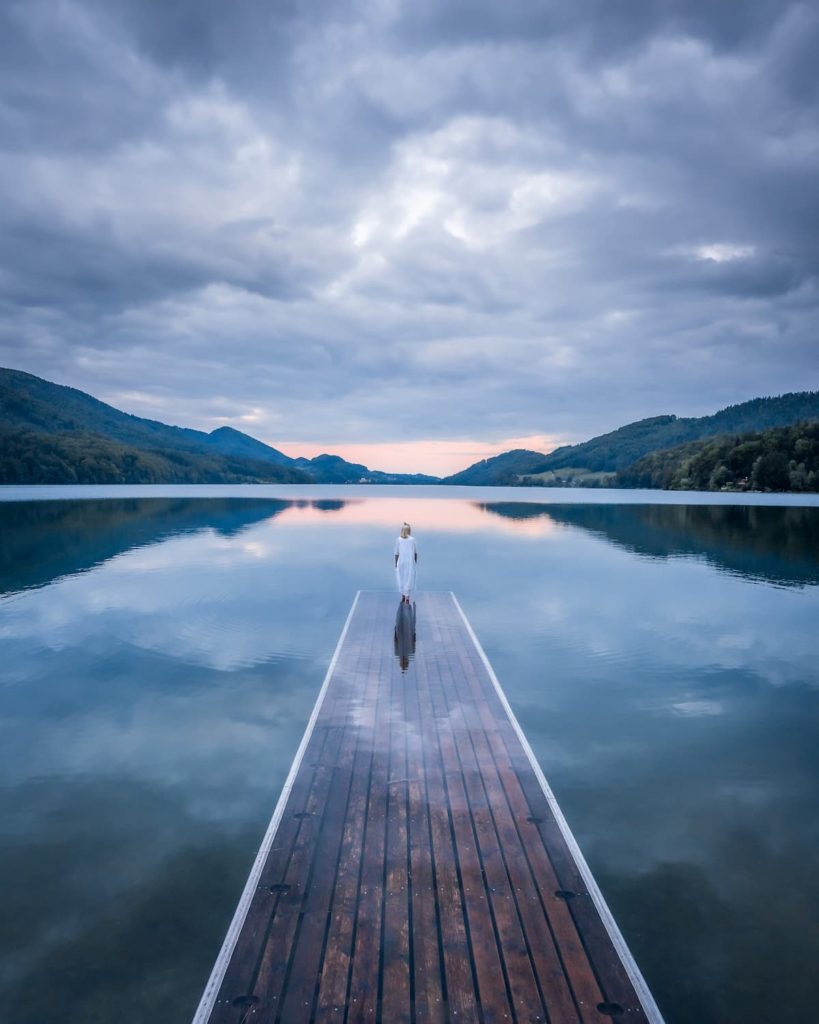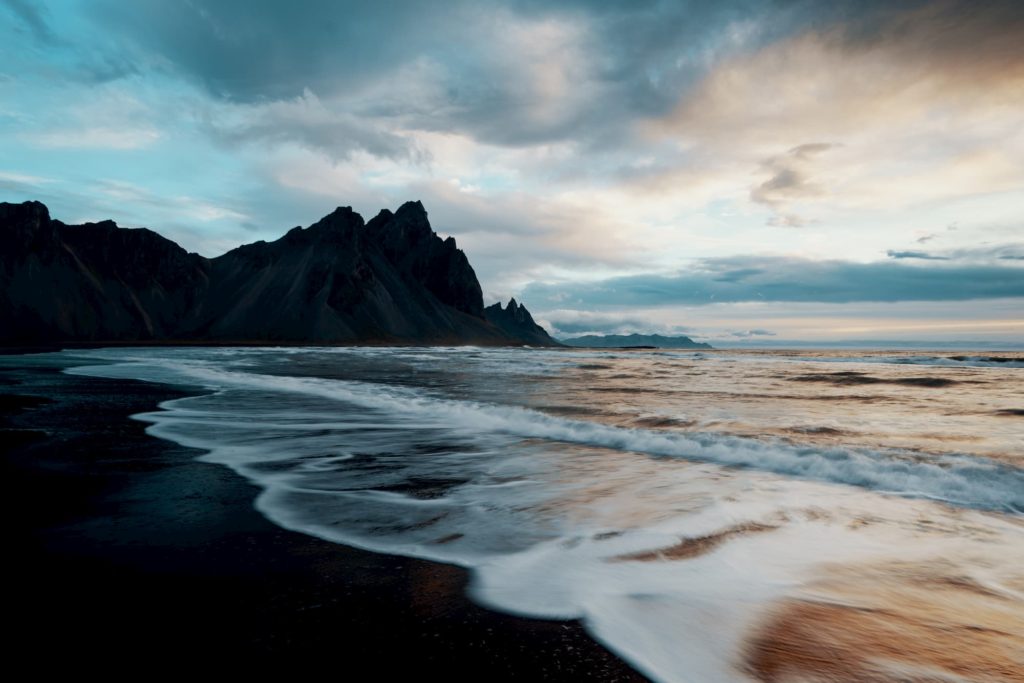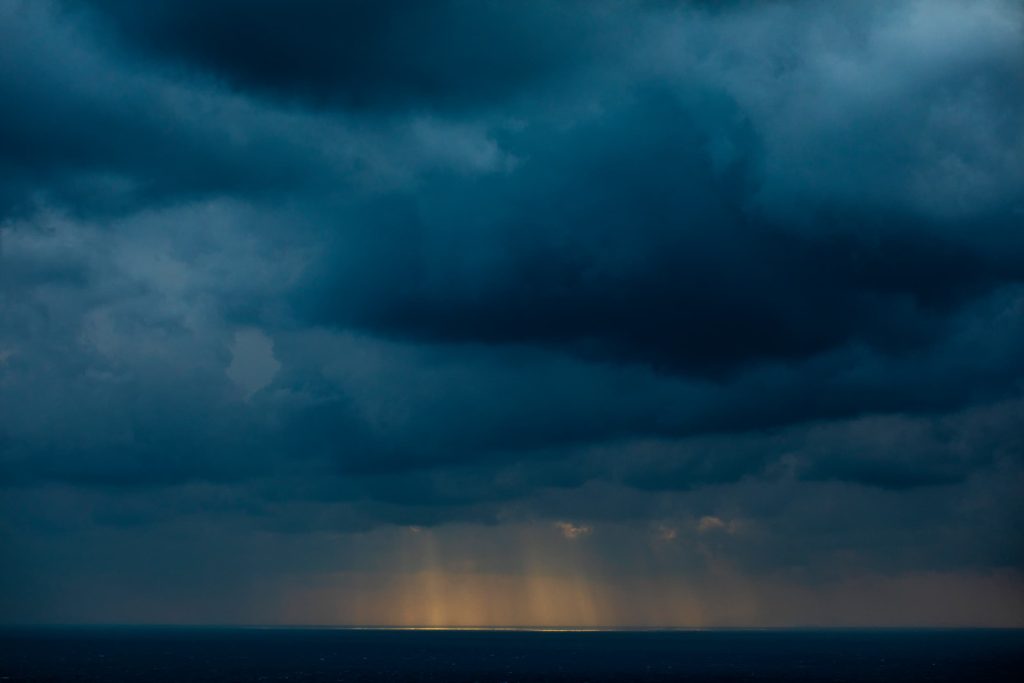
Christine Seiler
@christineseilerphotography
Landscape photographer based in Germany
I started photography about eight years ago because it provided an ideal counterbalance to my office job. When you work every day in a 9-5 job, you feel the need to go out and be creative.
For many years, I hadn’t done anything creative despite the fact that I’ve always enjoyed visuals, like cinema or painting. I had this desire to express myself creatively and photography turned out to be the best tool for me. As I was going through a rough time with my job, it helped me to leave the stress of my everyday life behind me. When I take pictures I forget everything, I am in a kind of flow state. It is a sort of therapy; I can calm down and recharge my batteries.
In the beginning, I was a huge fan of black and white street photography. Later I started following the work of landscape and cityscape photographers on social media. A good photograph always touched something deep inside of me, and more and more I felt the urge to learn this skill myself. I bought my first Nikon DSLR about eight years ago, and with the help of online tutorials, I started to develop the skills for photography and editing. I began with kitschy HDRs that were quite popular some years ago and then did some lost places photography.
"Afterward, I discovered the magic of landscape and cityscape photography which I have started to practice very seriously."
Photography has by now become an integral part of my life. I try to spend every possible moment outside to practice and shoot. Sometimes I just jump into my car and drive for hours to find new interesting spots or to get to locations that inspired me on Instagram. It makes me discover new areas where I probably wouldn’t have gone without photography. As I like hiking and spending time outside I can combine those two passions of mine. I live very close to the mountains in the Black Forest in Germany and to the Alps in Switzerland, which is a huge advantage. I can find beautiful scenery just around the corner. Every time I have to get out of my comfort zone a little further to catch the most precious moments in different locations.
"During the pandemic, I discovered a lot of my region and I've been positively surprised. However, I also had quite some more time to consume a lot of content from other photographers on social media and I made a whole list of new interesting spots to which I want to travel to. I have to admit it is a very long to-do list! Or better said a to-travel list!"
Nowadays a lot of people are into photography, and almost all of them are active on social media, which is great and you can find a lot of inspiration. On the other hand, however, to stand out among all of them it is also more and more important to find new angles on one location and to create your style or to find your niche. The interesting thing is that many people shoot at the same spots but the results are often so different. It’s like in life, every person sees the world and all that happens, from a different perspective. That is also why it is important in everyday life to change the perspective from time to time, to question your thoughts and opinions, and to be open to the views of other people.
When I see the work of other photographers and see how quickly many of them progressed I realize what is possible when you keep aiming for growth in a holistic way. When you start comparing your work to what you created one or two years ago, it is amazing to see how things can develop and how quickly you can make progress, often without realizing it.
"Once I took a photo of Burg Hohenzollern in Germany. It's one of the photos in my portfolio I like the most."
On that day I wanted to shoot a different castle in Germany and I wasn’t aware that Hohenzollern castle was on the way to the location I was headed. I could spot the Hohenzollern castle from the motorway and it already looked very impressive. So, I decided to stop there on my way back. I had read that there is a very interesting spot on the opposite side of the castle on another hill from which you have a spectacular view. After a walk of an hour, I reached the top of the hill. On that day, it was freezing cold and very windy which didn’t make the way up easier, but I forgot it all when I saw the perfect view. The snow-covered the trees around and just when I started shooting the wind pushed the clouds a little bit away and the sun appeared above the castle. The light conditions were just perfect. I was shooting with my tele lens to get the best view of the castle and the area. I like using this lens in landscape photography, in contrast to many people who use the wide-angle lens. The tele lens helps you to enhance the density of a scene. It reduces the depth of field. Using different focal lengths is a powerful artistic technique. In general, I like to shoot the big scenery and not so much the details. It shows more the greatness and the majesty of nature.
FAVORITE
PHOTOGRAPH
Of course, after a long shooting day, the editing was next. During the pandemic, I had much more time to watch tutorials on editing online in order to improve my work. I generally use Lightroom which offers a wide range of possibilities to get the best out of my shots. When editing a photo I want to emphasize certain parts of the photography or create a certain atmosphere. Sometimes I want to add more depth to my pictures. I spend quite some time editing because it helps develop my style.
Art goes straight to the heart of people and to their emotions. It is not just the consumption of art but also the creation of art that fulfills people and helps them to express themselves.
I rediscovered the beauty of nature because I started spending much more time outside. For example, before I was rarely looking at the sky and its different colors. It makes me also more aware of the whole climate situation and how important it is to preserve our planet.
I try to bring along my camera as often as I can; it increases the awareness of what is happening around me and I experience everything much more intensely. There’s nothing better that helps me to enjoy the present moment more!
Would you like content like this sent to your inbox?
NOMADICT
ART GALLERY
THE LATEST STORIES
WRITEN WITH PASSION TO INSPIRE YOU
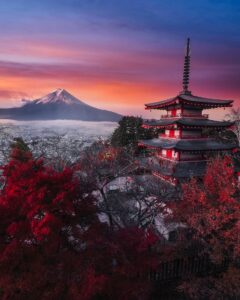
Sebastian Tan (@quetzalcoatlst): Best of the Week 44 at #nomadict
Driven by a desire to witness the world in its rawest states, Sebastian Tan pursues remote landscapes with patience and precision. Blending meticulous planning with resilience, his work transforms fleeting light into immersive fine art. Recognized internationally, Sebastian bridges the wild and familiar, inviting others to see through his lens.
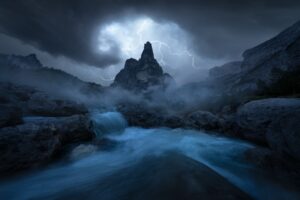
Filip Hrebenda (@filiphrebenda): Landscape and nature photographer
Known for capturing nature’s raw intensity, Filip Breda creates atmospheric landscapes shaped by storm, fire, and light. Winner of the 6th ColorPro Awards for Thunderstorm, his work reflects years of persistence, exploration, and a deep emotional connection to the elements.
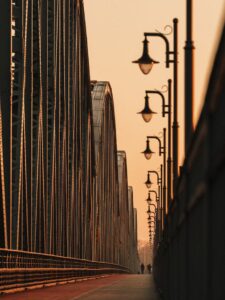
A guide to Toruń, Poland: A golden hour haven for telephoto tales in crimson and gold
Toruń, set along the Vistula River in north-central Poland, is a UNESCO-listed gem where Gothic brick façades glow in the last light of day. Small and unhurried, it’s a city made for slow wandering, and for watching golden hour turn terracotta rooftops into crimson and gold.
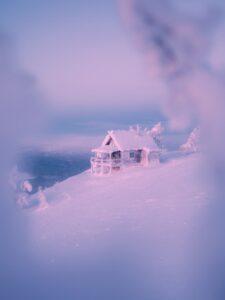
Kasper Rajasuo (@rajasuokasper): Best of the Week 46 at #nomadict
From childhood hikes to award-winning shots, Kasper Rajasuo’s journey is one of rapid evolution and deep connection. In this article, Kasper shares the technical secrets behind his “Santa’s Cabin” winning photo, the four lessons that defined his career, and how he uses color theory to transform harsh Finnish winters into dreamy, serene masterpieces.
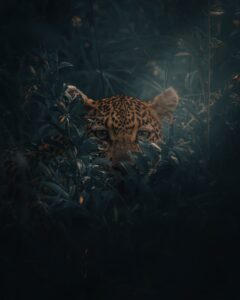
Andy Rider (@andyswildlife): Best of the Week 2 at #nomadict
Andy Rider is a passionate wildlife photographer and filmmaker based in South Africa, dedicated to capturing the raw beauty of nature while raising awareness about conservation. Inspired by legends like Steve Irwin, his journey began as a field guide, where he honed his skills and developed a deep respect for ethical wildlife photography.
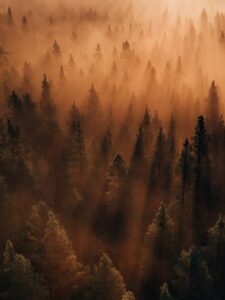
Philipp Pilz (@buchstabenhausen): Best of the Week 43 at #nomadict
In this article, photographer Philipp shares how time, clarity, and consistency have shaped his evolving relationship with nature photography. Drawn ever further north, he writes about embracing uncertainty, working with restraint, and finding beauty even when plans fall apart — including the unlikely story behind his Best of the Week–winning image.
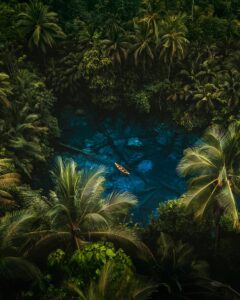
Tom Fähndrich (@tofenpics): Best of the Week 47 at #nomadict
Tom shares the journey behind his winning photography, from a passion for exploration and remote places to field lessons, composition choices, and color grading.
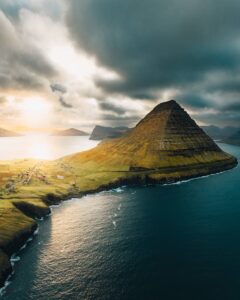
Photo tour in the Faroe Islands
Join us in the Faroe Islands for a unique photo tour, where you’ll elevate your creative skills with expert guidance from Ronald Soethje and Nomadict.
